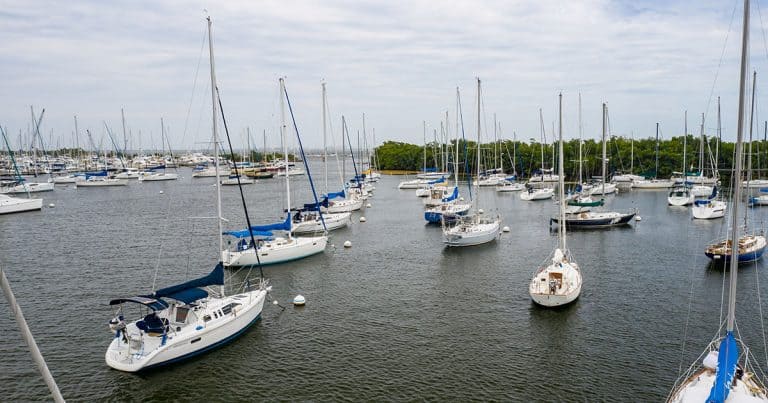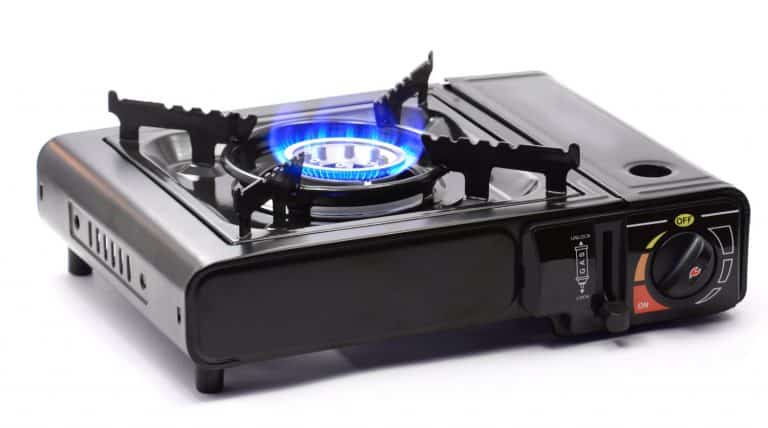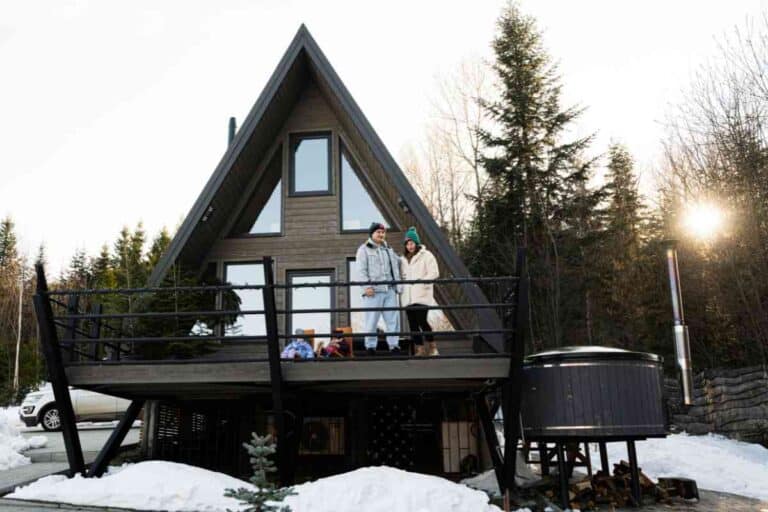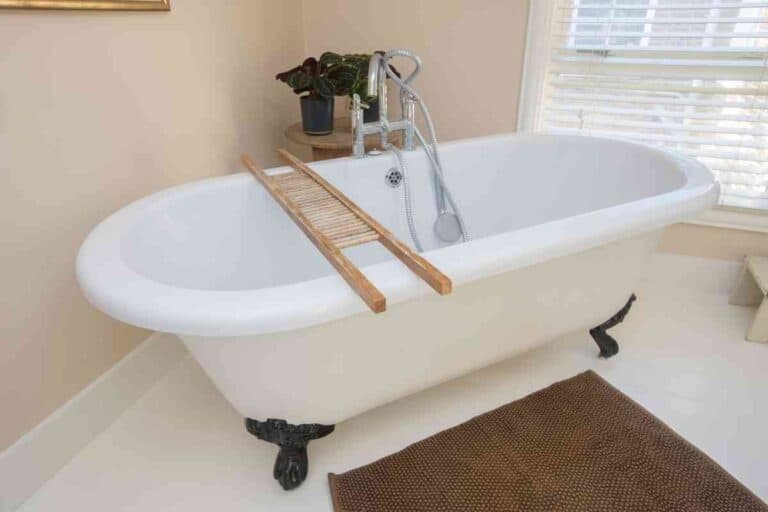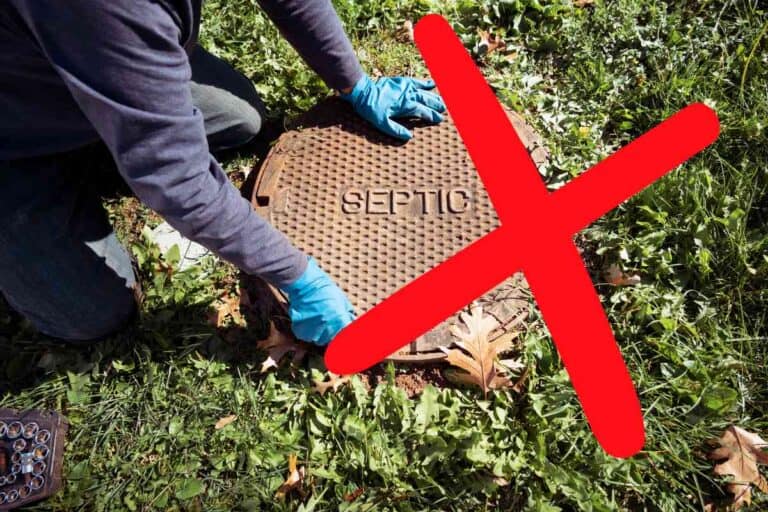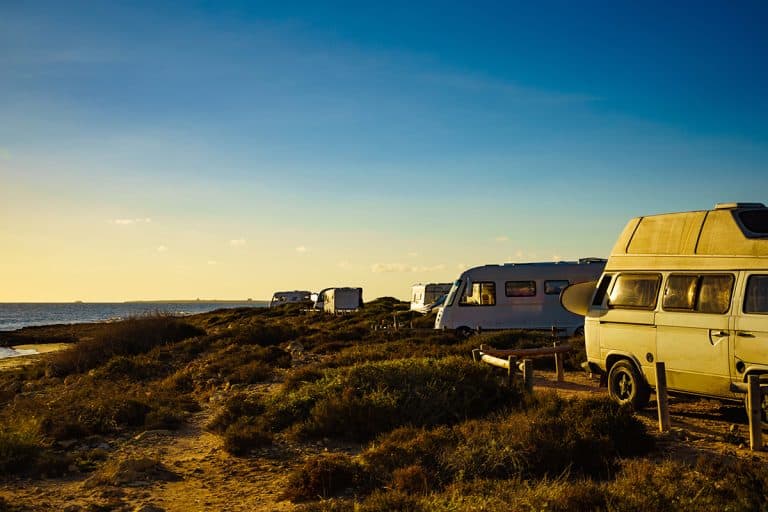Can You Live In A Log Cabin All Year Round? 6 Tips!
In addition to being aesthetically appealing, log cabins and log homes can be used as an extra room in your house. They can be used as your home office, kids’ playroom, and even your day-end resort. But what will it be like to live in a log cabin throughout the year? What maintenance do cabins need to keep them livable year-round?
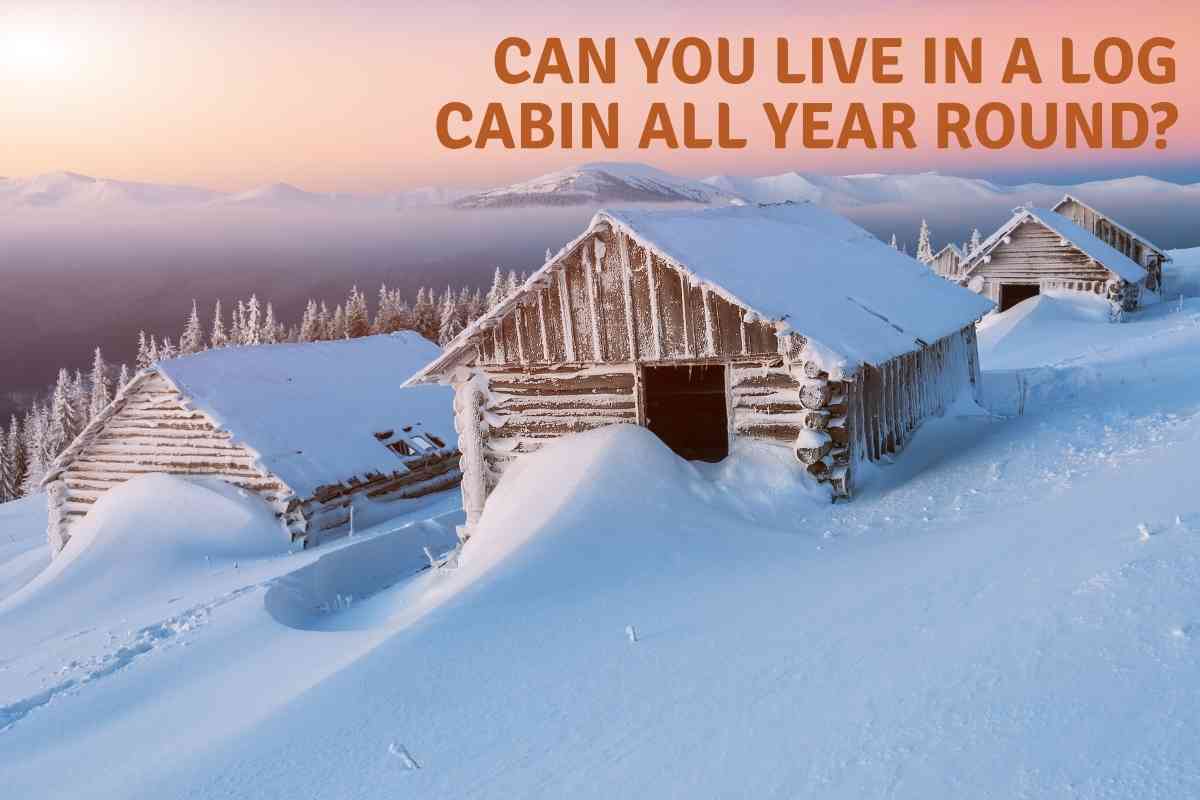
Can You Live In A Log Cabin All Year Round?
If your log cabin is of good quality and fitted with your required amenities, you can prepare it to live in your cabin throughout the year. Most log cabins are designed to be durable and strong. They are often able to withstand all kinds of weather.
Living in a log cabin exposes you to different kinds of challenges than visiting a cabin for vacation. You will have to make arrangements for basic amenities, and it will take time for you to get accustomed to the setting. But you will be required to make some preparations and modifications to your log cabin to make these residences a home.
Preparing Your Log Cabin
Most log cabins are designed for vacations and are not suited for living throughout the year. However, a few modifications to your cabin can make an all-year-round comfort zone called your little home sweet home.
If you’re wondering if cabins have plumbing, electricity, and wifi, you have a lot of things to consider before you move in full time!
Let us consider some things to make your log cabin all season livable.
Insulation
Timber is a good cabin insulator for heat. However, if you plan to live in a place that faces harsh winters, you will require additional insulation for your log cabin.
As the mercury takes a dip, the temperature inside your cozy little cabin will not remain cozy for too long.
With additional insulation, you can ensure that heat is trapped inside, even when freezing outside.
Another benefit of good insulation is that you will require less supplemental heating, such as room heaters, which will help reduce your power consumption. This means there will be a significant reduction in your electricity bill.
You can use insulation foil or glass wool to ensure proper insulation for your log cabin. It is best to get the insulation done by a professional rather than attempting it yourself if you do not have experience with it.
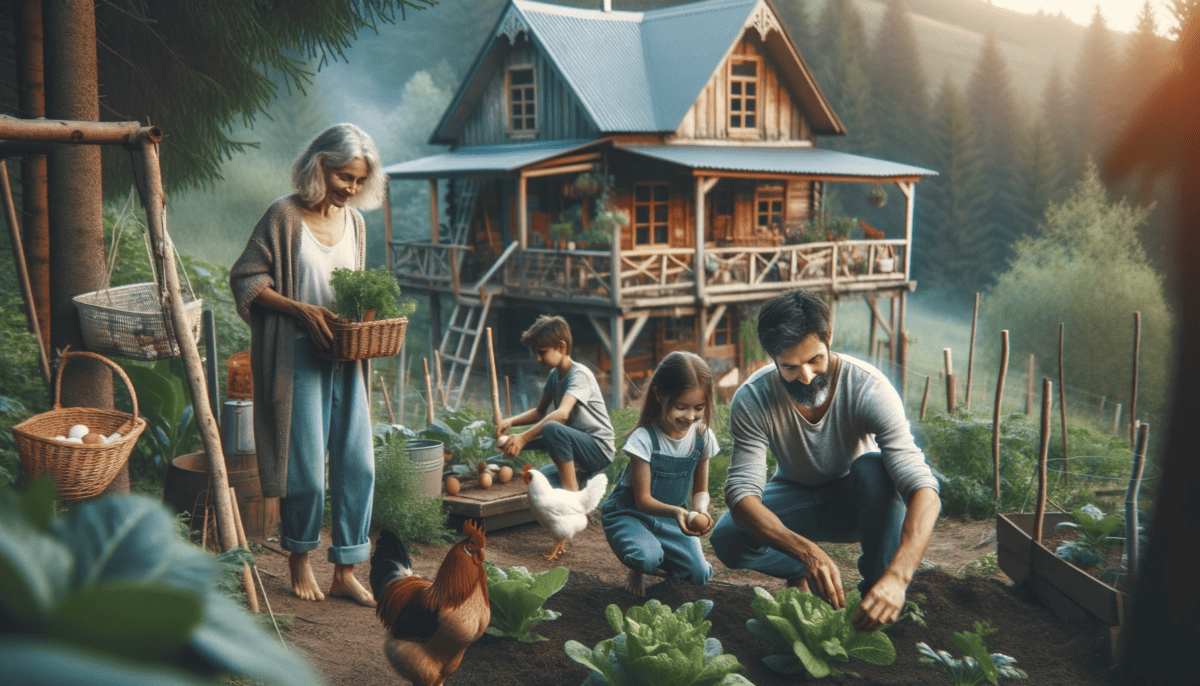
Electricity
There are many options for generating your own electricity if you plan on log cabin living in a remote area.
The most convenient one will be an off-grid solar panel system. This system comes with several solar panels and batteries to store the charge for use after sunset.
You might not be able to run heavy appliances on this system. But if it is a few lights, devices, and a laptop, a solar panel system will work just fine. You can even find compact appliances like compact dishwashers for tiny houses and cabins.
Another option would be to invest in a generator to power your log cabin. However, the financial and environmental costs of running a generator can be very high.
Your best bet would be to locate yourself in a place with access to the electricity grid. This will allow you to use electricity in a regular home.
You will be able to run all appliances and even install HVAC systems if required.
In any case, you will need to have electrical wiring, switches, and compound electrical outlets installed. It is best to trust the experts for this job and not attempt to do it yourself if you are not a professional.
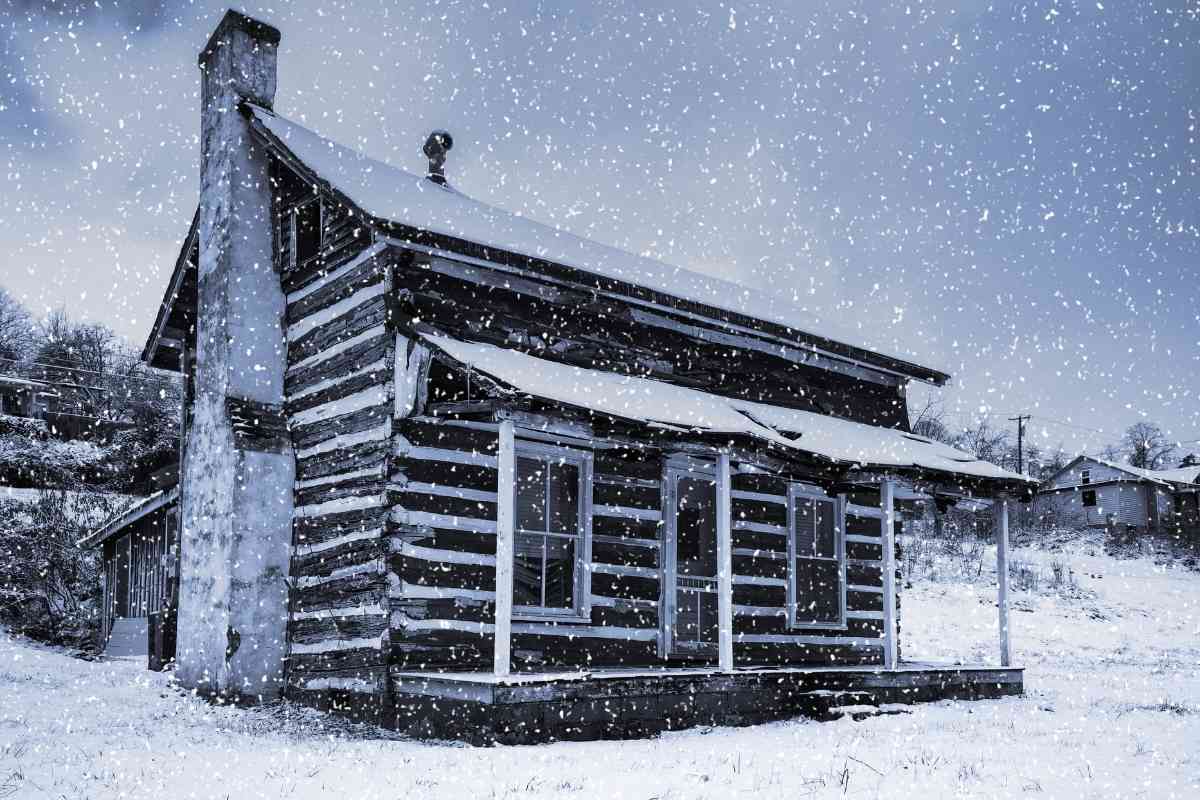
Water
You may survive without electricity, but you cannot survive without water. If you have a main home to return to, you should not have to worry about water.
As you can clean and wash using the water there.
But if you are located in a remote location, you will need to make arrangements for procuring and storing water. You may have to invest in a portable water tank or avail services from a water tanker company to supply you with the water.
You will also require some plumbing to get water into and out of your log cabin. It is best to hire a professional plumber to provide you with the correct piping and drainage systems solutions, especially if you want a bathroom.
Since you will be living in the cabin during the winter season, you will require hot water for cleaning and washing.
This means investing in a water heater is a good idea. You can purchase and have an electric water heater installed if you have access to electricity. If you don’t have access to electricity, your next best option will be a solar-powered water heater.
However, if you live in an area that experiences dark winters, a solar heater might not do much good for you.
Lighting
Living in your cabin all through the year, you will have 365 nights. There is a broad range of lights available for log cabins and selecting the type you want comes down to your taste and liking.
You can have LED bulbs hanging from the ceiling. Some LED bulbs come with the option to change the light intensity and color, allowing you to change the ambiance of your log cabin in seconds. You can even opt for LED spotlights for areas that you want better lit in and around the cabin.
A couple of table lamps and reading lamps can be an excellent choice if you will be working from the cabin (home). They will keep a low-intensity glow around the cabin and focus light where needed the most.
Food
We are used to storing food in our fridge and freezer. If you plan to get electricity installed in your cabin, getting a refrigerator should not be too complicated.
However, if you cannot install a fridge, you must consider purchasing foods like pasta, rice, lentils, and beans, which can be stored for long periods without requiring cold temperatures. Canned foods such as tuna, tomatoes, and vegetables are also an essential consideration.
You must also remember to purchase snacks such as nuts and chocolate. Chips and popcorn work well too, if you are not too health-conscious. These snacks have a positive effect on your mental health and mood.
For cooking these foods, you have a variety of options. If you really choose to go rustic, you can arrange for a bonfire outside your cabin and cook your food the traditional way by hanging it over the fire.
You can also invest in a barbecue grill and cook food over coal.
If you have access to electricity, you should invest in a proper electric stove for your convenience. It will save you the hassle of going out and collecting wood or purchasing coal.
Storage
Since most cabins have limited space, it is best to keep items that you will only need for the season handy. For example, you can store away all your summer clothing and gear to make room for your winter accessories when summer is over.
At the beginning of each season, inspect the items you have lying around. If you will not need them for the season, mark them up for storage.
Remove anything you do not need, and you will have a happy and well-organized place.
FAQs
Can I live permanently in a log cabin?
Yes, you can permanently live in a log cabin provided you install the amenities you will need such as insulation, electricity, water and lighting
Can you use log cabins all year round?
Log cabins can be used all year round if it is of good quality and fitted with your required amenities, you can prepare it to live in your cabin throughout the year. Most log cabins are designed to be durable and strong.
They are often able to withstand all kinds of weather.
Can I live in a log cabin in my parents’ garden?
Children may live in a log cabin in their parents’ garden. This is a common situation that occurs when older children outgrow their bedroom, come back from university or desire more freedom, but cannot afford to move out.
It is also rather usual for older adult children to return home after moving out and discovering that the cost of living is too high.
What are the disadvantages of a log cabin?
There are three major disadvantages of log cabins. These include:
- Pests are attracted to the materials used in log cabins. You can have an infestation from termites or carpenter bees, which can cause major damage to your log cabin
- Log cabins are more difficult to maintain than conventional homes. Logs are prone to expansion and contraction with changes in the weather. If this is not taken into consideration, it can lead to major damages
- Insurance costs can be very high for log cabins, and they are also more prone to fire and other issues such as electrical shortages and plumbing issues.

